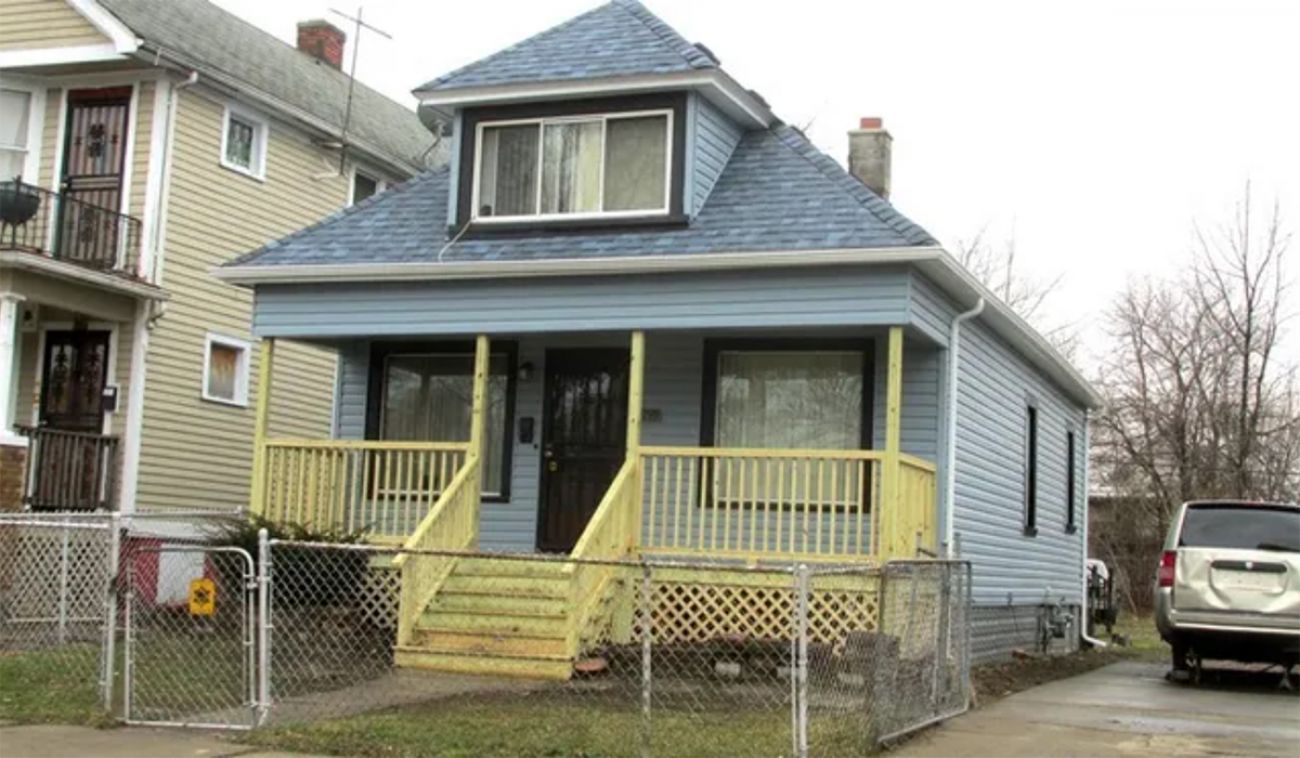More than 20,000 Michiganders have applied for federal rent aid since March

More than 20,000 Michiganders have applied for help to pay their rent through a federally-funded rent aid program that launched two months ago, reflecting an ongoing need for housing assistance during the COVID-19 pandemic.
Rent remains one of the top pandemic-related reasons people call the United Way’s 211 service, right above vaccine information, according to a statewide dashboard. A federal moratorium on some evictions is slated to end June 30 unless the federal government extends it. In recent weeks, the moratorium has faced legal challenges but still remains in effect.
Related:
About 23,000 people have applied for assistance in Michigan since the program started in mid-March, said Kelly Rose, chief housing solutions officer for the Michigan State Housing Development Authority, the agency responsible for administering the money through housing nonprofits.
“It really just bears out the evidence of how many people are out there that are struggling,” she said.
Nearly 250,000 Michiganders between April 14 and 26 said they are behind on rent or mortgage payments and have “slight or no confidence” that they could pay May rent or mortgage on time, according to the Census Bureau’s Household Pulse Survey.
“We’re seeing this infusion of resources that is unheard of for social services, and it feels like this is the level of support that’s needed all the time, not just during a pandemic,” said Michael Centi, integration department director at Wayne Metropolitan Community Action Agency.In March, Gov. Gretchen Whitmer approved a bill allocating $282 million in federal rent aid — $220 million of which is for emergency rent assistance and another $62 million is for administrative costs associated with CERA. Congress in December signed off on $660 million in rent aid for Michigan, however the rest of the money must be allocated by the state Legislature.
The total assistance people are getting through the new program is roughly double the average amount renters and landlords received under a previous program that ran from July and December last year. The Eviction Diversion Program — funded by $52 million in federal coronavirus relief dollars — paid out 15,500 households.
“In two months of the CERA program, we have more applications than what we received in five months of the Eviction Diversion Program,” Rose said.
Of the $282 million, about 7.8% — or $22 million — has been administered and that money is expected to run through the summer, according to MSDHA. Assistance to more than 3,000 people has been paid out, with an average payment amount of $6,500. MSHDA estimates that of the 23,000 households that have applied, about 10% may not meet eligibility requirements. So far, 300 applications have been denied, Rose said.
Metro Detroit accounts for the majority of applications to the new rent aid program, Rose said. About 11,500 applications came from Wayne County residents and Oakland and Macomb counties have accounted for 1,300 applications each.
Wayne Metro, the organization administering rent aid dollars to Wayne County residents, received nearly 9,000 applications for CERA and has paid out 837 households. Wayne Metro received less than half as many applications through the last program and paid out about 2,000 households.
Call volume at Wayne Metro spiked after the new program started. Calls for the last rent program averaged 4,500 a month for the new aid program, the organization gets about 15,176 each month.
“The numbers kind of speak for themselves,” Centi said. Usually the first couple weeks of a program launch see the highest volume but Centi said demand has not waned. This speaks to the desperate need for rend aid, he said.
Wayne Metro estimates that it could use up its full Detroit allocation of about $45 million by October, if demand keeps up at its current rate. This projection includes money lawmakers have not yet approved.
“We’re still dealing with the long term repercussions of this pandemic that was crippling for many communities and many people,” Centi said.
Ted Phillips, executive director of the United Community Housing Coalition in Detroit, worries about running out of money.
“At a payout rate that we’re currently paying, we could do about 5,000 cases,” he said. “I mean, that’s nowhere near going to be enough just to handle what’s going to be coming through the court.”
The state Senate last week passed a bill allocating the remainder of federal rent dollars Congress approved in December. Michigan expects another round of funding from the American Rescue Plan. MSHDA estimates the state could receive another $223 million in rent aid.
Nushrat Rahman covers issues related to economic mobility for the Detroit Free Press and Bridge Detroit as a corps member with Report for America, an initiative of The GroundTruth Project. Make a tax-deductible contribution to support her work at bit.ly/freepRFA.
See what new members are saying about why they donated to Bridge Michigan:
- “In order for this information to be accurate and unbiased it must be underwritten by its readers, not by special interests.” - Larry S.
- “Not many other media sources report on the topics Bridge does.” - Susan B.
- “Your journalism is outstanding and rare these days.” - Mark S.
If you want to ensure the future of nonpartisan, nonprofit Michigan journalism, please become a member today. You, too, will be asked why you donated and maybe we'll feature your quote next time!




